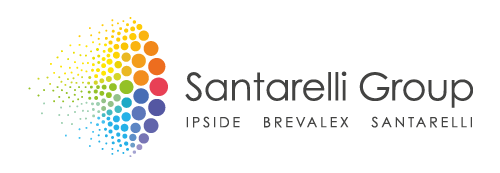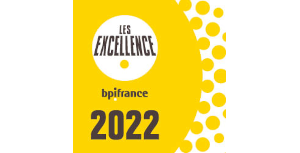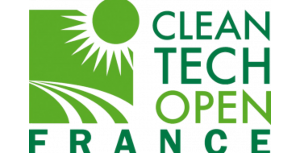Innovations in the fight against breast cancer
From surgery to treatments such as chemotherapy, immunotherapy, and cell therapy, many therapeutic solutions are available. Despite this, breast cancer remains the leading cause of cancer-related death among women in France. The search for new therapeutic innovations in the fight against cancer is therefore still necessary.
Several innovative solutions are currently under investigation. One notable example is the NeuvaxTM vaccine (developed by the US company Galena Biopharma), used in combination with the adjuvant Leukine®. This combination targets the HER2 protein, which is overexpressed in some breast cancers. In phase II trials, NeuvaxTM demonstrated its efficacy in early-stage breast cancer. It is now undergoing phase III trials to further validate the therapeutic benefits of this combination. A patent entitled "HER2/neu multi-peptide vaccine" was granted in Europe in 2010.
Numerous other phase I and/or II clinical trials are ongoing, potentially leading to therapeutic vaccines for breast cancer. Furthermore, France is not lagging behind.
Indeed, ErVaccine Technologies, a French start-up, is developing a therapeutic vaccine comprising antigens derived from human endogenous retroviruses (HERVs) that are specifically overexpressed by tumour cells. These antigens are therapeutic targets for new cancer immunotherapies. Phase I clinical trials are expected to start in 2024. The company has filed a patent application entitled "New method for identifying herv-derived epitopes" in 2022.
Developing therapies for breast cancer remains crucial. However, early detection and diagnosis are fundamental in the fight against breast cancer—after all, "an ounce of prevention is worth a pound of cure ."
The future lies in the application of artificial intelligence (AI). In 2023, for the first time, an AI-based algorithm was clinically validated for breast cancer diagnosis from mammary biopsies, initiated by Institut Curie and Ibex Medical Analytics. This AI boasts a high accuracy rate and can identify over 50 unique mammary characteristics associated with cancer, thereby reducing errors and enhancing diagnostic quality. Enabled by deep-learning methods and over two million randomly selected or rare feature image samples, this AI aids in the early detection of various cancers, refining diagnostic precision.
Ibex Medical Analytics has been filing patent applications since 2018, particularly on "systems and processes for managing workflow reviews of pathology slides."
What About IP in All of This?
All the companies mentioned have filed one or more patent applications, but to what end?
Primarily, a patent is an industrial property title that grants the owner an exclusive right to exploit it for 20 years. In the pharmaceutical sector, while some view this monopoly as a barrier to healthcare access, others see it as a driver of innovation. Indeed, pharmaceutical industries face global market pressures to constantly innovate, not only for business but also for patient benefit. Yet, research and development (R&D) for treatments is increasingly prolonged (around 10 years), costly, and risky. Therefore the exclusionary right provided by a patent is a compensation for research endeavours.
Patent owners can use this tool in various ways: by directly exploiting the protected invention, by technology transfers, or by granting licenses (exclusive or non-exclusive). These different ways of using the patent lead to financial returns, thereby encouraging companies to invest in new R&D programs for fresh innovations.
In exchange for the potential return on investment from exploiting a patent, the owner discloses the technical knowledge necessary to realize his invention through the patent. Sharing this knowledge contributes to global scientific advancement. Contrary to popular belief, having a patent does not mean keeping things secret!
Lastly, do not forget to consult your doctor or a midwife at least once a year, and starting at 50, get screened.













